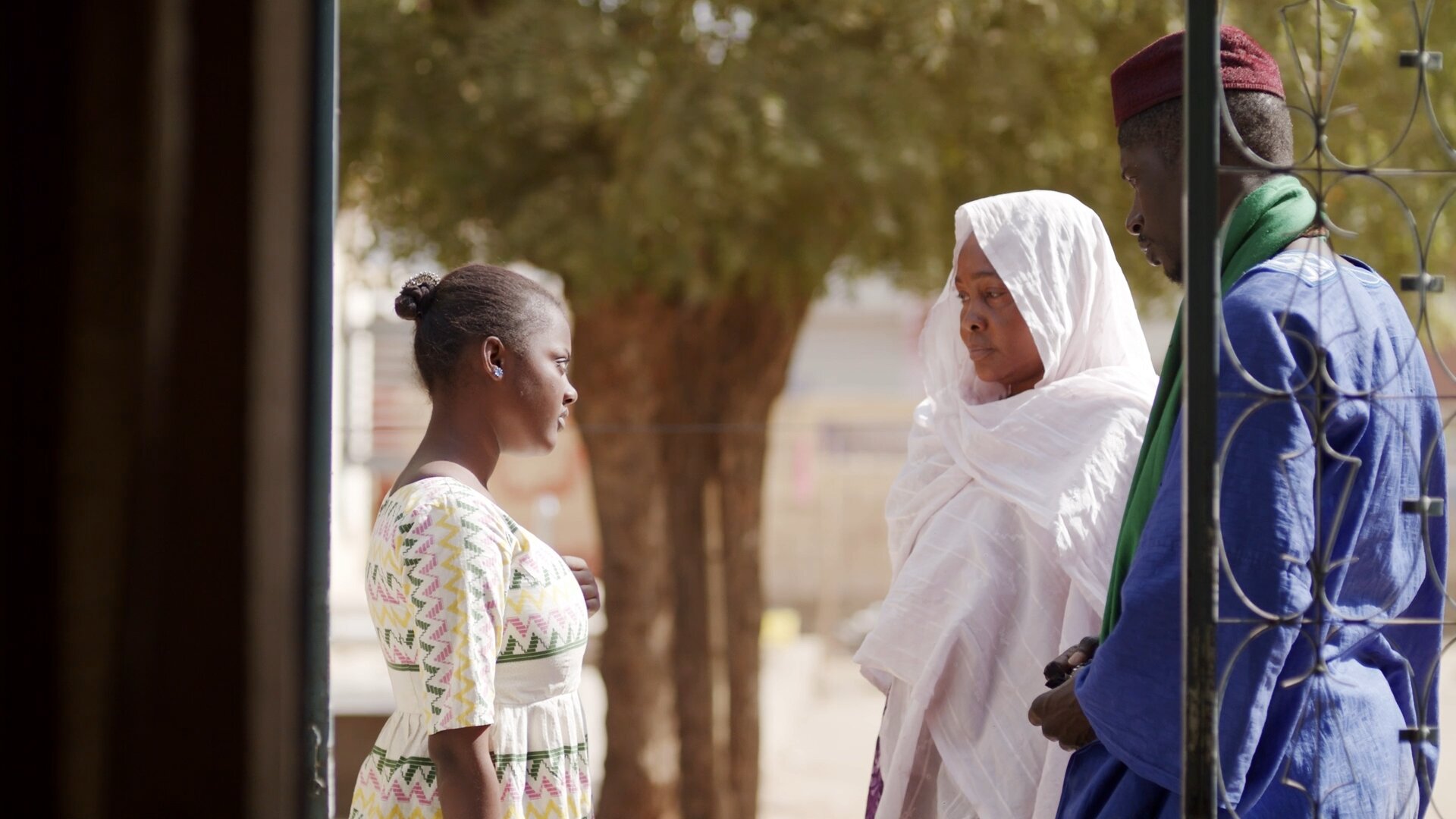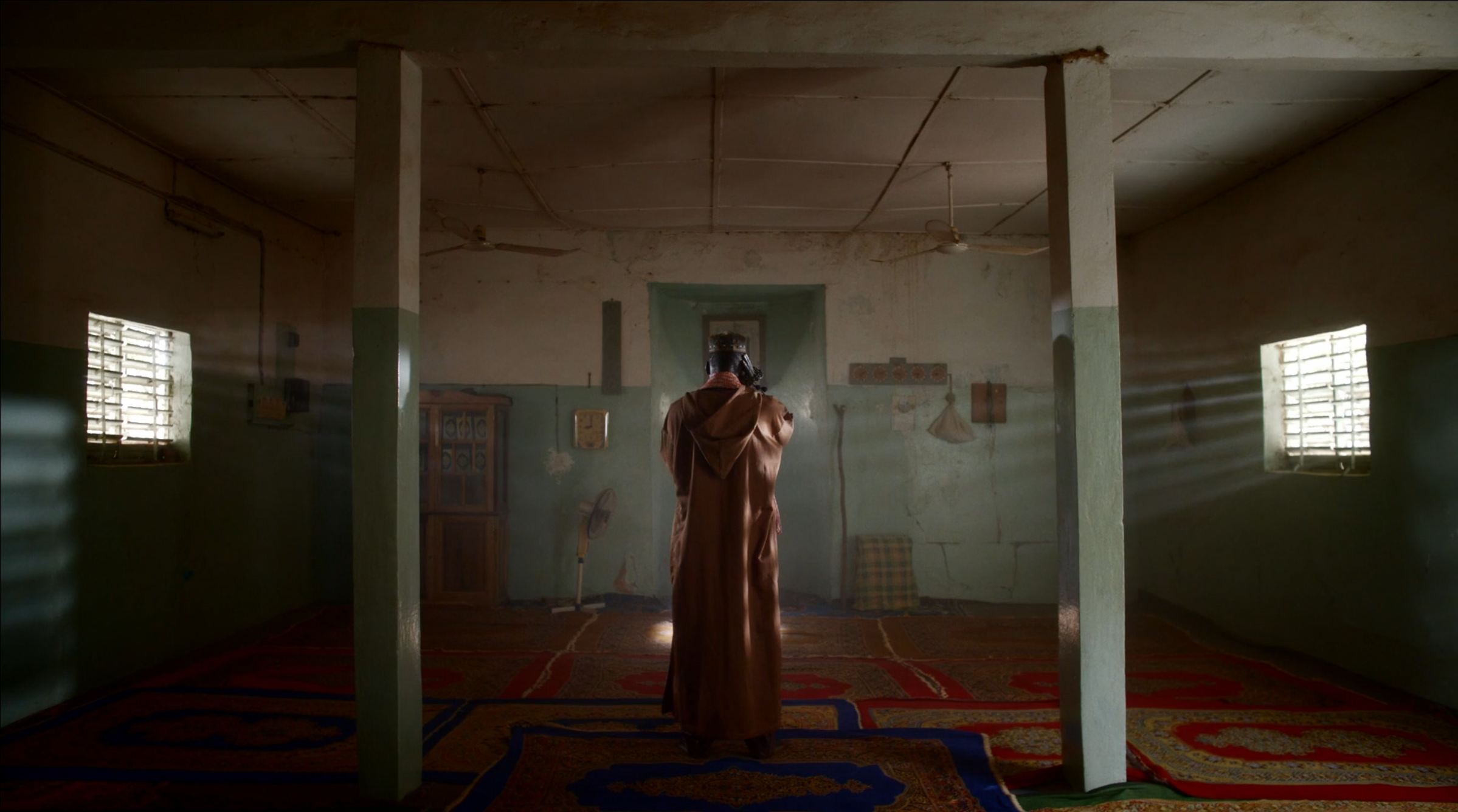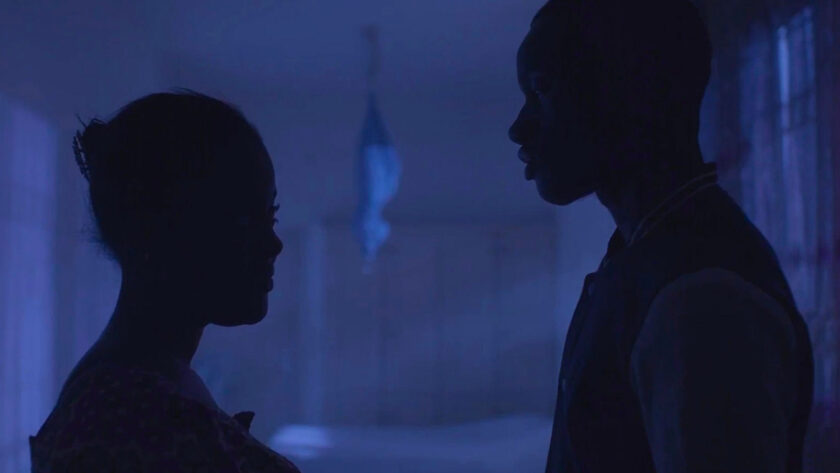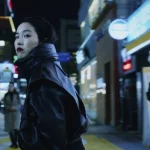Gabrielle Dowsey examines the implications of Nafi’s Father for African cinema as a whole as part of our Raindance 2020 coverage.
In his thoughtful cinematic debut, Nafi’s Father, writer-director Mamadou Dia presents an authentic depiction of religious and familial tension in Senegal. Shot near the director’s hometown of Matal, Senegal, and written in the Pulaar language, the film is an authentic presentation of life there, influenced by Dia’s own upbringing. The film has already been featured at the International Film Festival of Rotterdam 2020, IndieLisboa 2020, and was heralded at the Locarno Film Festival.
The story principally follows the conflict between two brothers: Tierno (Alassane Sy), the local Imam, and Ousmane (Saikou Lô), who seeks a powerful position as mayor. While Tierno encourages a peaceful and reflective practice of Islam, Ousmane is motivated by greed, and his view of Islam has been distorted and influenced by external fundamentalist beliefs. The plot acts as a reflection on not only fraternal relationships, but on conflicting versions of Islam too, a theme particularly relevant to West Africa. But it is the relationships in the film, both fraternal and filial, which are the most striking, invoking universal themes of conflict and love.

The gentle romance between a Nafi (Aïcha Talla) and Tokara (Alassane Ndoye) acts as a foil to the tension and animosity of the brothers. Aïcha Talla is exceptionally convincing in her carefully nuanced portrayal of a girl on the cusp of adulthood. Despite the serious themes, Nafi’s Father is infused with moments of light, unexpected humour, which break the tension and bring a sense of realism to the plot.
Heavenly cinematography by Sheldon Chau, especially in the early party scene, evokes a Euphoria-style glamour and romance between Nafi and Tokara. This creates respite from the tension of their fathers’ relationship. In a Sofia Coppola-esque style, the couple are presented symmetrically, and often camerawork, rather than dialogue, is used to convey the characters’ emotions. Dia should be particularly praised for his nuanced presentation of female characters, exemplified by the portrayal of Nafi as both strong-willed in her desire for education, and soft and gentle in her relationship with Tokara. The film is richly authentic, avoiding a stereotypically westernised presentation of Senegalese life.
Bright costumes and strikingly colourful makeup, created by Salimata Ndiaye and Anne Senghor respectively, enmesh the young Nafi and her friends in their cultural traditions, while also emphasising their modern mentality; theirs is a nuanced presentation of female identity. A fleeting conversation between Nafi and her friends over hair, in which the pressures of conforming to Western standards of beauty are explored, is also very poignant. Nafi acts as a oppositional, independent force, emphasising her preference for her own, natural hair. This is perhaps a subtle metaphor for a more hopeful, authentic Senegal of the future.

In contrast to the brightness of dress, the hardship of the town is apparent, subtly hinting at the damaging, economic and social legacy of colonialism in Senegal. In surrounding West African countries this has created a rife environment for religious fundamentalism, although this has not yet affected Senegal, Dia warns that this is a very real possibility.
However, the film is not without its flaws. It lacks proper pacing at times, hindered by its editing and lack of smooth dialogue. Although at times this is a useful tool for the creation of tension, it needs finessing. Additionally, the soundtrack lacks distinction. Nevertheless, Nafi’s Father is a thoughtful and elegant debut from Dia; certainly a talented director who could lead a renaissance in Sub-Saharan filmmaking. This is an important step forward for African filmmakers, which will hopefully lead to an amplification of African film.




